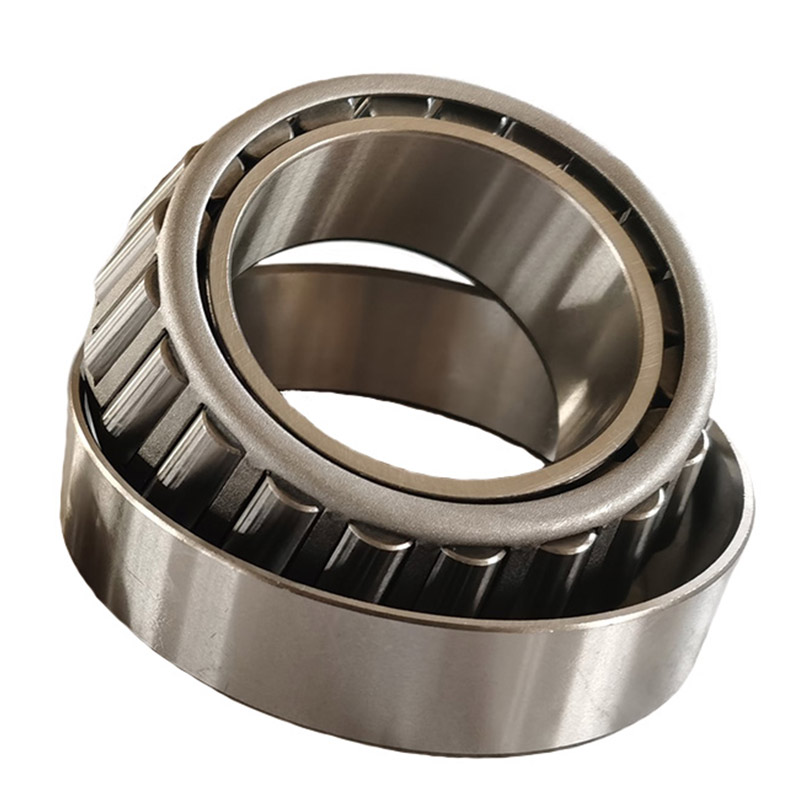What is an automotive bearing?
Bearings are mechanical components that limit relative motion to the required range of motion and reduce friction between moving parts. Automotive bearings are important components in vehicles and are responsible for the efficient and smooth running of the vehicle. Their main function is to achieve linear or rotary movements and to handle high stresses. The various bearings used in the automotive sector include engine bearings, drive train bearings, steering system bearings, air conditioning bearings, etc. Bearings are used in two-wheelers, private cars, three-wheelers and heavy-duty commercial vehicles.
Automotive bearings market by bearing type (ball bearings, roller bearings, etc.) and vehicle type (passenger cars, commercial vehicles and two-wheelers) and distribution channel (OEM and aftermarket)
Automotive Bearings Market
The growth of the global automotive bearings market is driven by the increased focus on reducing vehicle weight and the growth of vehicle production in line with increased sales. However, increasing electrification of vehicles, fluctuating raw material prices and high maintenance costs are the key factors restraining the global market. In addition, the emergence of sensor bearing units and the development of additive manufacturing technologies and materials for manufacturing bearings are expected to provide lucrative growth opportunities for players in the automotive bearings market.
The emergence of sensor bearing units
In order to improve performance, the latest trend among suppliers to the automotive industry is the integration of sensor units into bearings. The most popular sensor bearings are used in automotive wheel applications. Most automotive wheel unit bearings typically include speed sensors that send wheel speed data to the anti-lock braking system (ABS) and traction control unit of two-wheelers and light vehicles. In addition, sensor bearing units help to digitally monitor the speed, axial movement, deceleration, acceleration and load carrying capacity of passenger cars and commercial vehicles. Sensor ball bearings are also used in other automotive applications, such as road rollers, forklift trucks and electric vehicle motors. Furthermore, the anticipated increase in the use of components in various applications and the compact, robust, easy-to-install and cost-saving nature of sensor-based technologies are expected to provide lucrative opportunities for the expansion of the automotive bearings market in the near future.
Increased development of additive manufacturing technologies and materials for manufacturing bearings
Additive manufacturing offers industry players a lightweight and cost-effective method of producing complex bearing components. In addition, additive 3D printing allows more complexity to be incorporated into bearing designs, thereby improving their performance. With 3D printing, it is possible to design lightweight bearings, which is both difficult and time-consuming with traditional manufacturing techniques. In addition, a number of industry players are working strategically with technology players to develop additive manufacturing processes. In addition, the use of advanced bearing materials such as chrome steel in high-precision ball bearings has improved the hardness, wear resistance and fatigue life of the products. The use of tungsten carbide has enhanced stress and impact handling characteristics, while requiring low lubrication to work efficiently at high temperatures. Therefore, the development of additive manufacturing technologies and the use of advanced materials are expected to provide potential growth opportunities for the automotive bearings market.

评论
发表评论